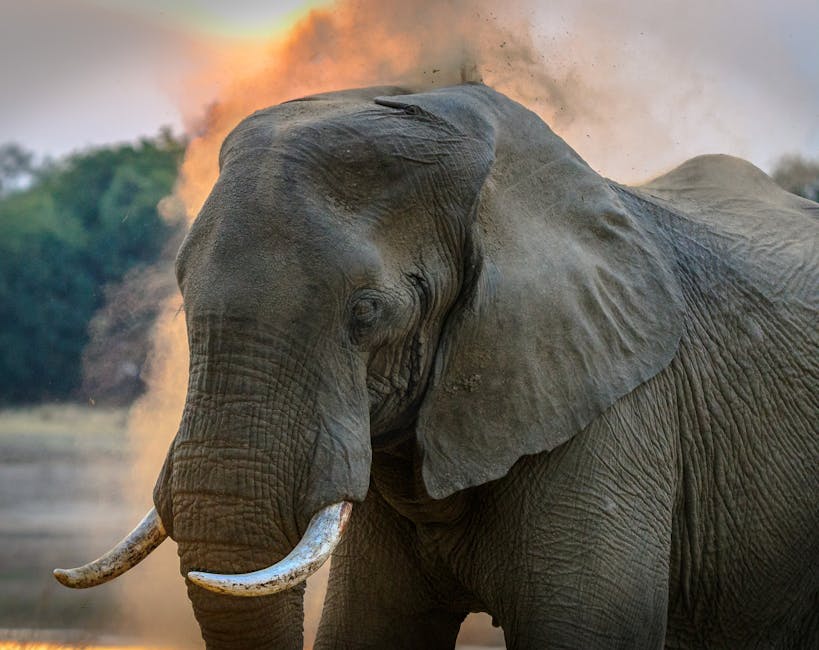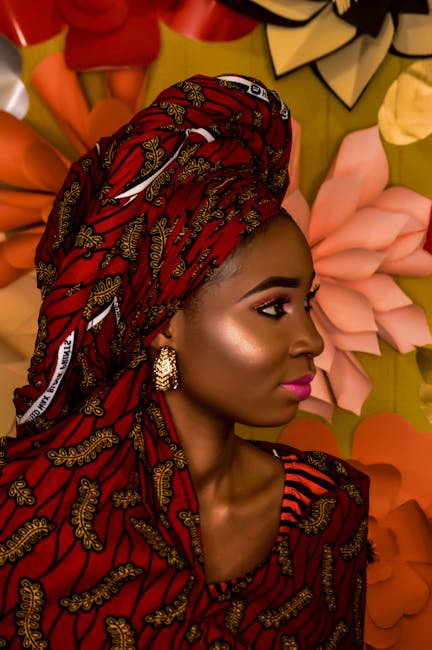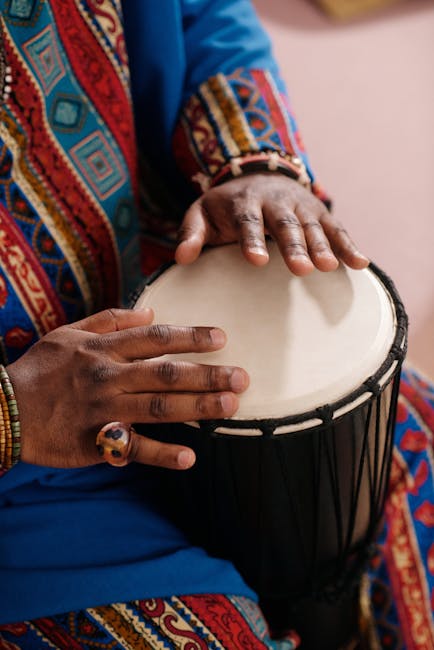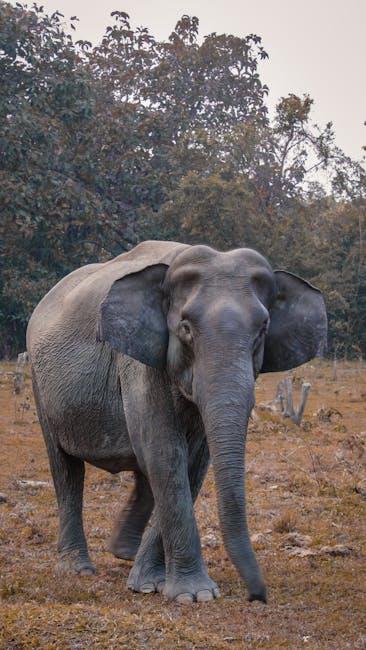TIM NOONAN: This is Tsavo, Kenya's largest national park, 11,000 square kilometres big, home to the largest land animals on earth. It's a privilege to see the herds of African elephants roaming free. But these baby elephants almost didn't make it. They're all orphans. And in this orphanage near Nairobi, they're being taught the skills they'll need if they're to have any chance of returning to the wild. Dame Daphne Sheldrick: Elephants have all the same emotions as humans and that we've learned over 50 years. They can read your heart and your mind, they really can. They can. TIM NOONAN: Some of these youngsters will soon be ready to be released into the national park. Thanks in no small way to the woman they call the 'Elephant Mother' - Dame Daphne Sheldrick.
Dame Daphne Sheldrick: All the elephants that we've saved, not one of them would have lived without us. TIM NOONAN: Dame Daphne was born in Kenya to English parents. She has raised two daughters and 130 orphaned elephants and counting. They really are like babies, aren't they? Dame Daphne Sheldrick: They really are, yes. But, you know, it's very important that they sleep soundly at night. And you know that there are no tummy aches, no problems. It's very important to keep tabs on what goes in the front end and what comes out of the back. TIM NOONAN: Dame Daphne's love affair with elephants began when she worked as a warden with her husband, David, in Tsavo National Park. When David died of a heart attack in 1977 she opened a centre in his name to protect the baby elephants. TIM NOONAN: Why are these elephants being orphaned? Dame Daphne Sheldrick: Mainly it's poaching for ivory, it's the ivory trade.
And as long as there is a demand for ivory, particularly in the Far East, there's going to be people in Africa that will be killing elephants for money. The wild animal trade is as big as the drugs trade and the arms trade now. TIM NOONAN: As many as 35,000 elephants every year, 100 a day, are killed for the ivory trade. This is the heartbreaking scene being played out all too often - a mother's leg has been shattered by a poacher's gun, and her baby refuses to leave her side.
She knows only that she has to protect her dying mother. The rescuers from Daphne's orphanage have come to try to save the baby. TIM NOONAN: If you didn't step in, how long would they survive? Dame Daphne Sheldrick: Probably two weeks, max. TIM NOONAN: The mother cannot be helped and will have to be euthanised. Her baby is starving and exhausted but still fights to stay with her mum. She's eventually flown back to Daphne's orphanage where for the first time since her mother was shot by poachers, she drinks milk.
(SLURPS) Dame Daphne Sheldrick: The way to turn them around is to bring the other orphans that are already settled in the nursery around them, and they can see the reaction that the other orphans have with their keepers. TIM NOONAN: You become their father, you become their mother, you become their best friend. Edwin: We become everything to them. TIM NOONAN: Head keeper Edwin leads a team of 50 elephant handlers. Edwin: If you don't love them, then you have a lot of problems with them. Especially elephants because elephants are very intelligent animals. They can reason like we do. They can figure what is in your mind and they can tell if you are thinking negative or positive about them and that can make them become your friends or your enemies. So you need to have a positive heart, you need to love them so that you can become a keeper.

That is the most important thing. TIM NOONAN: Caring for a baby elephant is a full-time job. The keepers sleep in the same shelter as the orphans. And before dawn, the day begins again. Good morning. Somebody's already awake. One by one, the little elephants rush to join the other kids. The morning routine starts with brekky in the bush. But one of the orphans is proving to be a handful for one of the keepers - Amos. Amos: That one.....is a very naughty one. TIM NOONAN: He's the troublemaker? Amos: The keepers give him a nickname. We call him 'al-Qaeda' because he's in trouble all the time, pushing others down. TIM NOONAN: You call him al-Qaeda? Amos: Yeah. TIM NOONAN: A vital ingredient in the healing process is milk. C'mon. For years, Daphne struggled to get the milk formula right. Dame Daphne Sheldrick: They cannot digest the fat of cow's milk. And actually, the nearest thing to the fat in elephant's milk - and it's not perfect - is coconut.
And it took a long time to actually figure that out. TIM NOONAN: And if the milk feeding time at the orphanage is any guide... (GROWLS) ..Daphne's milk hits the spot. (ALL GROWL) (KEEPERS TALK) TIM NOONAN: You thirsty, mate? You're walking them into this truck here, disguised. What's the purpose of it? Edwin: The purpose of this is to get them used to getting in the truck and feeding them from there.
So that one morning, when they're ready, we take them in and we close the doors and we start our journey to Tsavo where we're introducing them back into the wild. TIM NOONAN: Today, three of Daphne's orphans are going to be released. It's a 4-hour drive to the Tsavo National Park. This is their new home - thousands of square kilometres of wilderness, a second chance at life. And while there's no way of knowing whether or not they'll survive down there, this time, it's nature's call. But first, they arrive at a halfway house. A transition stop where they're introduced to a herd of other elephants who were also saved. (GROWLS) (TRUMPETS) This moment here is what it's all about. Every single one of these elephants were orphans rescued from almost certain death. (ALL GROWL AND TRUMPET) OK, bye-bye. Dame Daphne Sheldrick: We've had quite a lot of critics that say, "This is a bunny-hugging thing, "you're a lot of bunny huggers." You know, that's what they throw at you all the time.
And I say to them, "It's better to be a bunny hugger than a butcher." TIM NOONAN: The orphan elephants may be free but for the next few years they will rarely stray from the safety of this watering hole. The hope is that they'll eventually find wild elephants to live with. But incredibly, while we were there, nature pitched in to help. A wild herd - including several large bulls - finds the orphans. (GROWLS) The return to the wild is a step closer. At the end of the day, what's in it for you? Dame Daphne Sheldrick: The satisfaction of knowing that you've actually raised a herd of elephants.
And to see them playing and happy and living their normal wild life again back where they rightfully belong, that's the joyful part of it. (TRUMPETS) You can't just abandon them, that's not an option. So for better or worse we'll be around..
https://howtoplaythedjembedrums.com/africas-elephant-queen-kenya-2/





